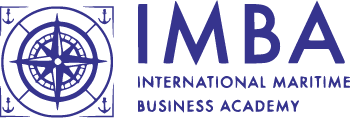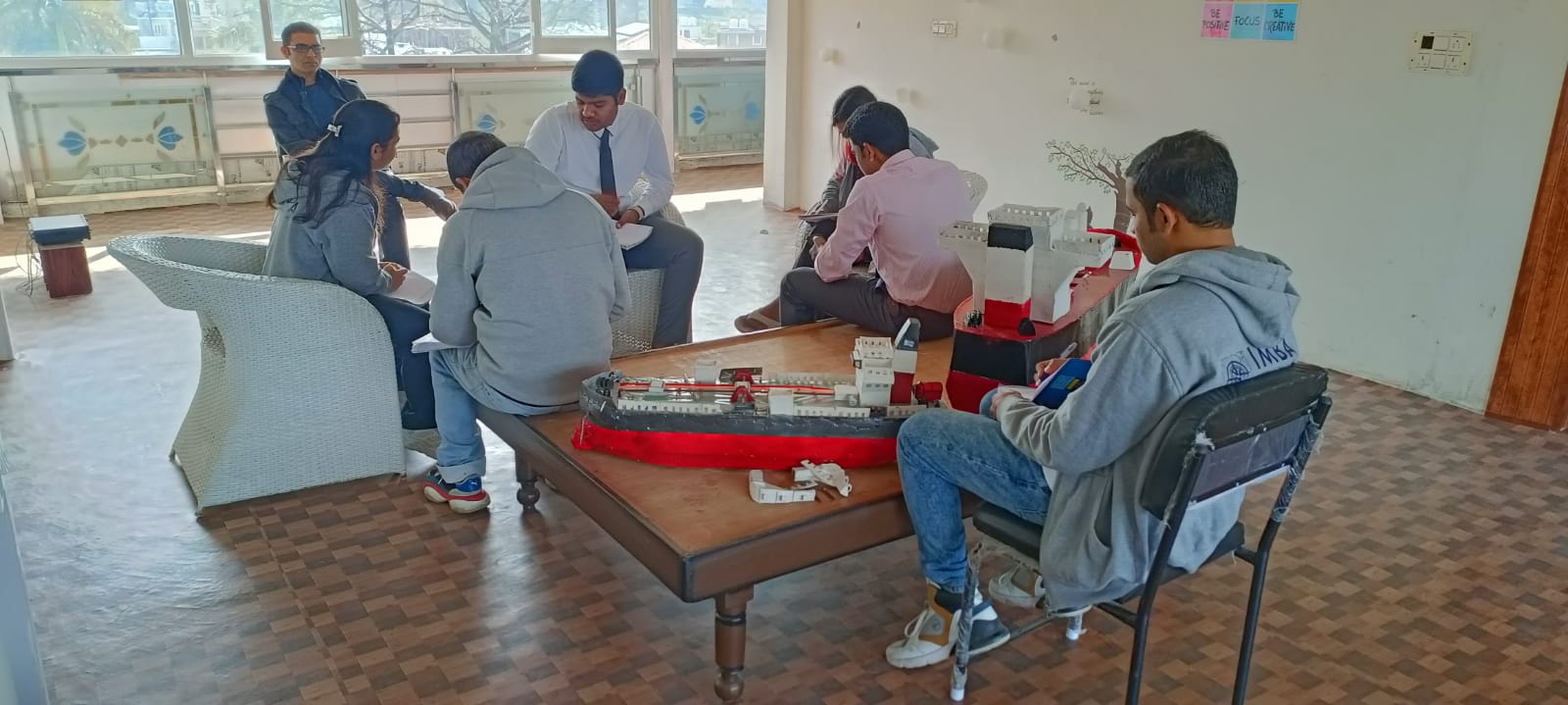Executive Maritime Business Management
Executive Maritime Business Management entails the strategic oversight of maritime operations and logistics, ensuring optimal vessel performance, navigating regulatory compliance, and maintaining financial viability. It requires adept leadership in managing global shipping challenges, fostering safety protocols, and enhancing operational efficiency. Success hinges on integrating technological advancements, fostering sustainable practices, and adapting swiftly to market dynamics in the maritime sector.
Top-Tier Jobs Guaranteed
Charter Party Analyst
Laytime Analyst
Maritime lawyer
Post Fix Executive
Maritime Consultant
Freight Trader
Project Analyst
Cargo Operator
Demurrage Analyst
Chartering Executive / Manager
Voyage Operator
Sri Dev Suman University, Uttarakhand (Affiliation No. 508)
Our Students Review
I used to work in NBFC firm in Surat (Gujarat). I was looking for an opportunity with growth prospects, and I got to know about the commercial shipping industry, and then I came across IMBA.

Jhanvi Modi
CP Desk Executive at MarcuraEver since I got to know about the Business aspect of Shipping Industry, I knew I had to enter this field. I waited for almost 1 year and finally the day came when I resigned from my previous job and the very next day I found myself sitting in the IMBA’s admission office. Four months of theory and there I was sitting for interviews with International and domestic shipping companies. All credit goes to the placement cell of IMBA headed by Ms. Neha Kannojiya, who made sure to give us all the opportunities available. Today, I am proudly representing IMBA internationally as an Operations Executive with Sharaf Shipping Agency, Dubai.

Vivek Patel
Shipping Executive Sharaf Shipping Agency (Dubai)I got to know about the background and value of the shipping industry from my UG, but I did not have the adequate practical knowledge to enter this field, that’s when I found IMBA whose curriculum has been prepared by the industry experts themselves us immense opportunities to join the commercial shipping industry in different profiles. My decision proved to be worth it and gave me just the kind of placement I had dreamt of.
I will always be thankful to Neha Ma’am for giving me this opportunity to take career with an International Placement with Transbulk International Shipping.(Dubai)

Sanjita Gupta
Operations Executive Transbulk International Shipping (Dubai)Faculty

Mr. Fabrice Duval

Mr. Manish Srivastava

Dr. Laxman Singh
Contact Us

Contact us for assistance, we look forward to hearing from you!


Mumbai-400059 , Maharashtra , India.
Phone Number +91 9820668228




